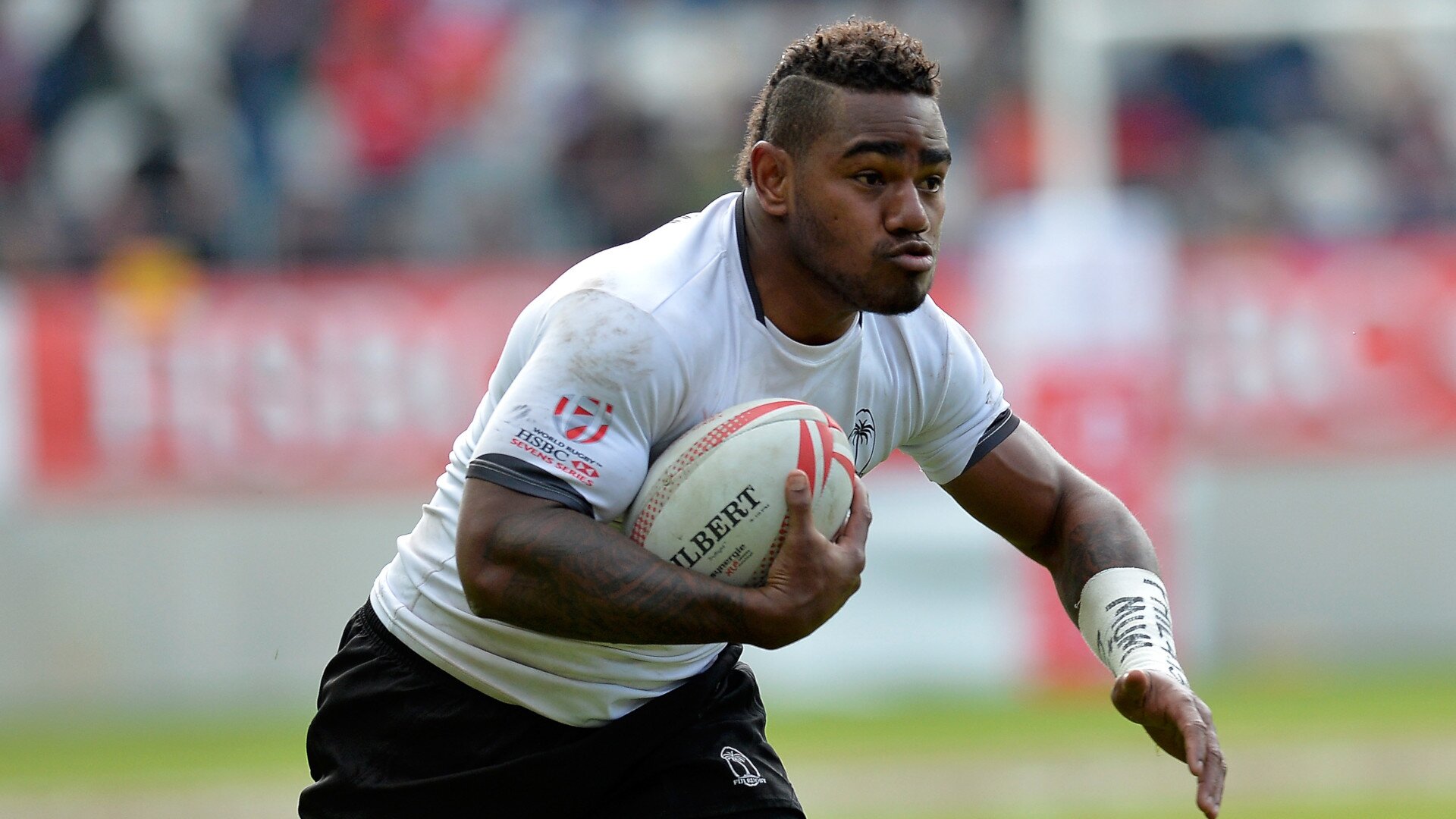Fiji should be regarded as RWC pool contenders, not plucky underdogs

The last time Fiji qualified for the Rugby World Cup knockout stages, they were the third-seeded team in a pool with Australia and Wales.
That was 2007.
In 2015, they were also drawn with Australia and Wales but this time they were the fourth-seeded side, with England turning that pool into the famous ‘Group of Death’. Now, in 2019, they are again drawn with Australia and Wales, seeded third, with their best chance to make it out of the pool since 2007.
Rugby World Cup 2019 looks like it will be the most competitive global tournament by some way, with potential pitfalls in every group and the smaller nations suggesting they will cause some serious problems for Tier 1 teams that take them lightly. Japan could well qualify from their pool, propelled by their fast style and home advantage, while Argentina will feel they could top their group, if things fall into place.
Despite contributing some of the most thrilling players the game has ever seen, Fiji have only made the quarter-finals of a world cup twice, in 1987 and 2007, and have never got further. But with the success of their sevens side, the victory over France in Paris last year, and the controversy over their reported exclusion from World Rugby’s future plans, their profile is higher than it has been for years.
England’s elimination from the 2015 tournament’s “Group of Death” understandably generated more headlines but the strength of that pool meant that Fiji finished fourth and didn’t automatically qualify this time around. Their comfortable campaign, with four wins from four to top their group, showed their quality and they will be hoping to continue their recent momentum.
Fiji aim to take off
Levani Botia, Semi Kunatani, Viliame Mata, Nikola Matawalu, Leone Nakarawa, Filipo Nakosi, Semi Radrada, Josua Tuisova, Ben Volavola, and Peceli Yato all make Fiji’s 38-man training squad for the Pacific Nations Cup, along with players like Newcastle’s Josh Matavesi and the seemingly timeless Vereniki Goneva. That’s some serious talent both up front and in the backs, and coach John McKee is looking forward to having time with his players in camp, a luxury Fiji don’t often get between world cups.
“Now is the time, with all planning in place, I am really looking forward to getting into camp with the players from July 1st. We know we have a lot of work to do between our assembly and traveling to Japan for our first game against Australia in the Rugby World Cup.” Fiji’s 14-21 victory over France last autumn gives a hint of what this team can do with some preparation time.
In truth, it’s remarkable that a team that could field such players in its first XV could be considered a “dark horse” or a team capable of “causing an upset”. Fiji have an outstanding group of players, who ply their trade under some of the best coaches in the domestic game, and regularly experience high-intensity, high-pressure games, whether in the Champions Cup, the Top 14 playoffs, or Olympic sevens.
https://twitter.com/olympicchannel/status/793852077994807297
In fact, given the current weakness of Australia, a side experiencing one of the leanest periods in their history and currently embroiled in a very public legal fight with their one-time best player, we should be talking about Fiji as serious contenders to qualify for the knockout stages at the expense of the Australians. That we aren’t is partly because of the long-standing structural problems that all Pacific Island sides face, which, among other things, make it difficult to create strength in depth.
In this regard, however, Fiji are not alone. Ireland and Wales have been working extremely hard to create deeper squads for this tournament but most sides are facing the loss of some of their best players, with many tweaking their selection policies in response. Even New Zealand have seen a serious player drain over the past few years.
While Fiji aren’t as well-placed to combat the loss of players as other nations, they have still put together a squad with arguably more depth than they have in the past few tournaments – so much so that the recent retirement of outstanding winger Nemani Nadolo hasn’t hit in the way it might have been expected to.
In this, the sevens pathway has helped, with many of the current squad having previously represented the country in the shorter-format game. Four players – Semi Kunatani, Viliame Mata, Leone Nakarawa, and Josua Tuisova – won Olympic gold medals in 2016 while Levani Botia’s sevens background has famously enabled him to play flanker and centre with ease, often switching to the wing as well.
McKee has also warned his players not to coast now they are in the squad, suggesting they might be replaced by in-form players outside the squad. “Players can be included at any time based on them showing outstanding form and fitness level. This can include locally based players playing in the Swire Shipping Fijian Latui or at the World Rugby Under-20 Championship.”
If McKee can successfully prepare this talented group of players they could use the Pacific Nations Cup, games against Japan, Canada, and Samoa to test out players and tactics, as a springboard for RWC success. Fiji play Australia first and don’t have to play Wales, currently ranked second in the world, until their last game so a strong start could see them well-placed to qualify for the knockout stage by the final game. Could they go further? It’s worth watching them to find out.





































































